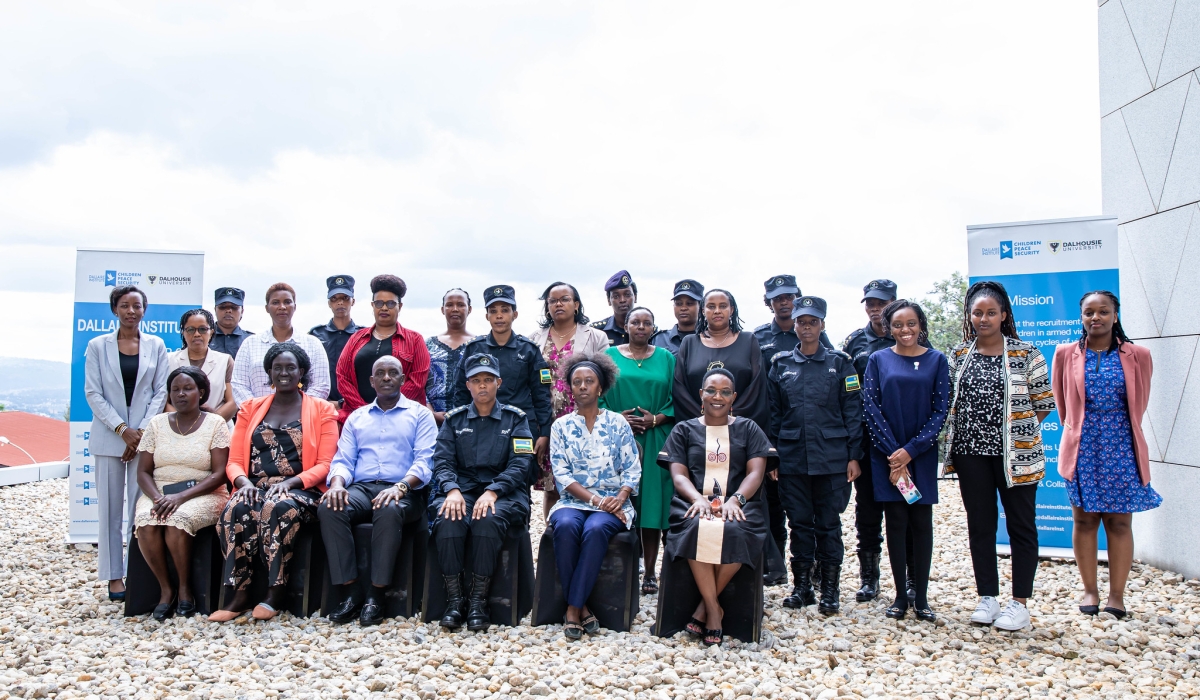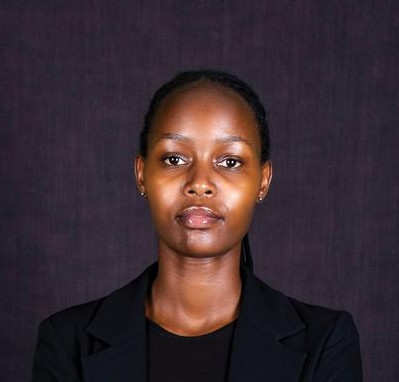FEATURED: Recognizing Women's Distinct and Critical Role in Peacekeeping and in Preventing the Recruitment and Use of Children in Armed Violence

Participants pose for a group photo at a one day workshop in Kigali on May 22. Dan Gatsinzi

